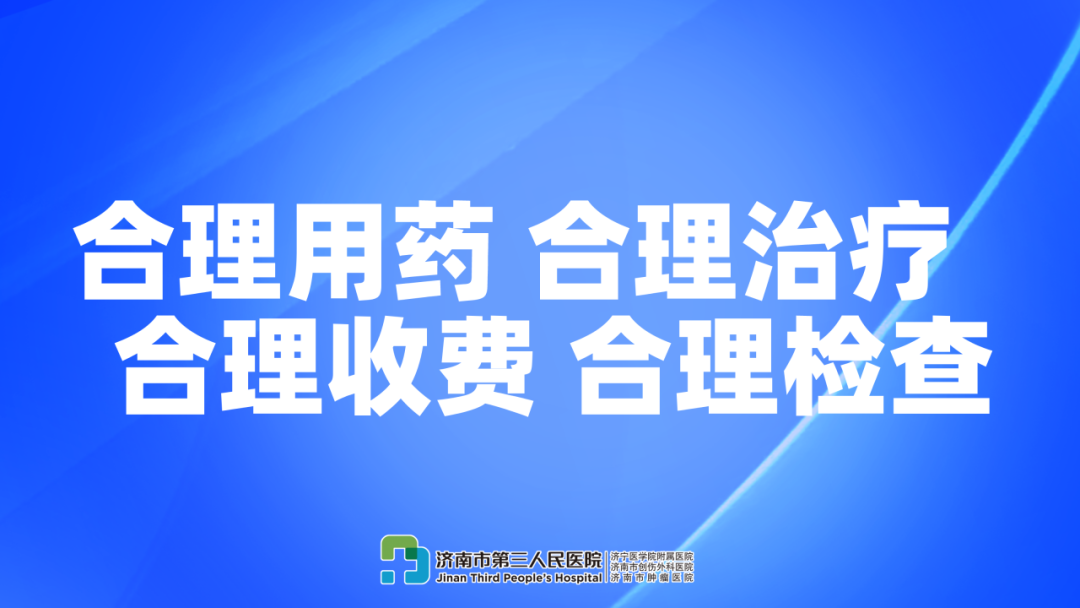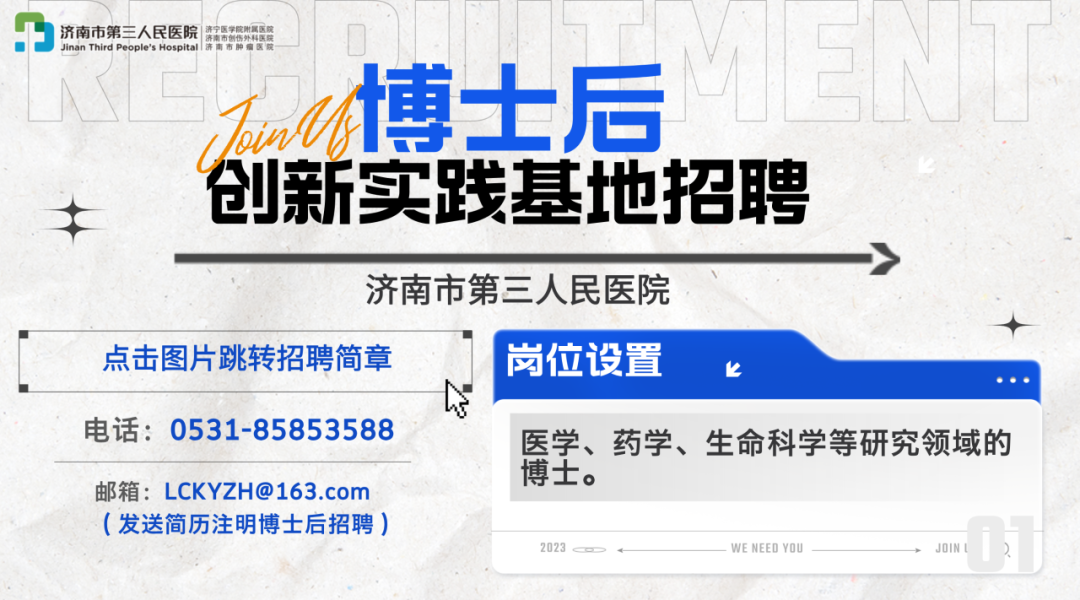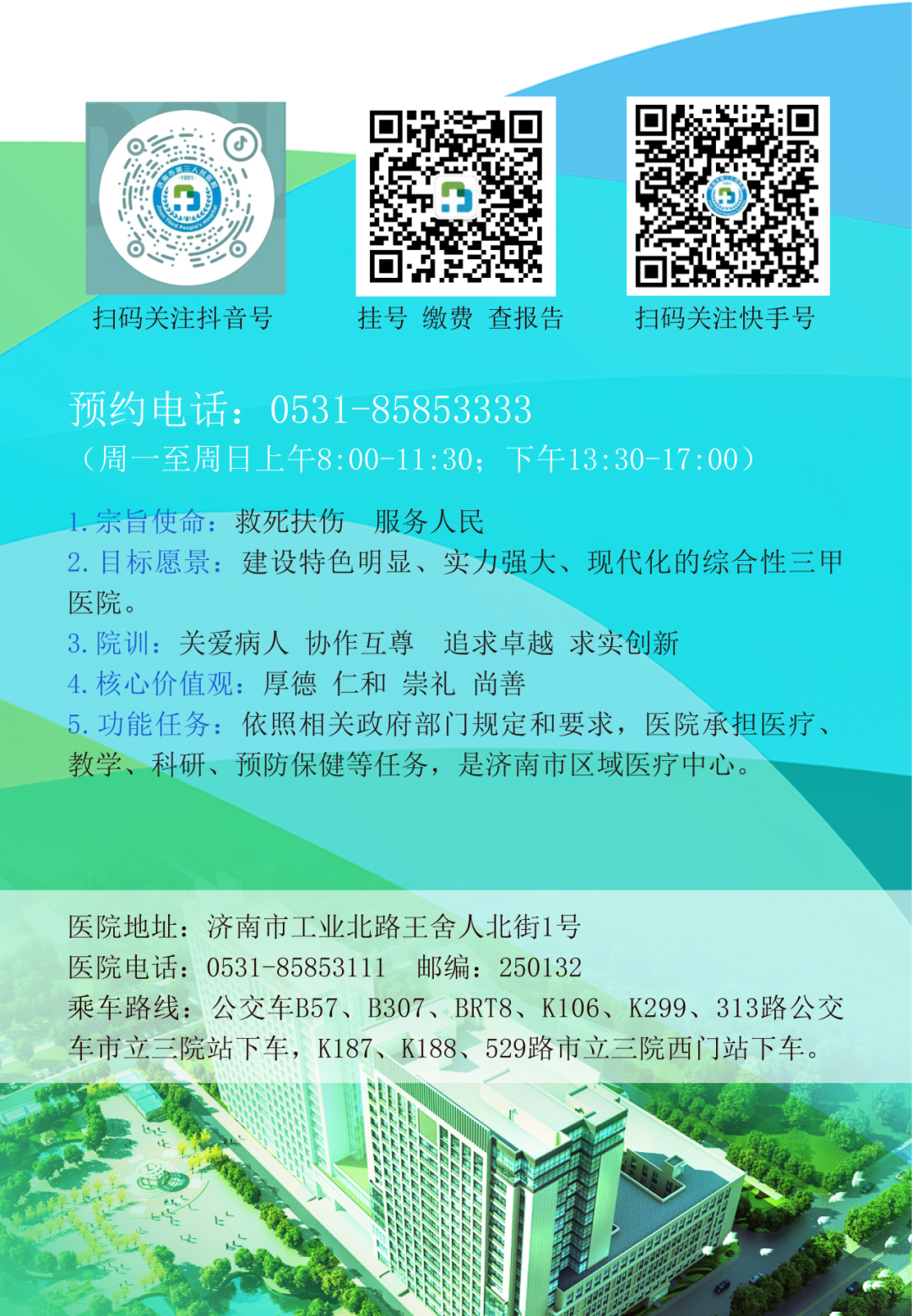
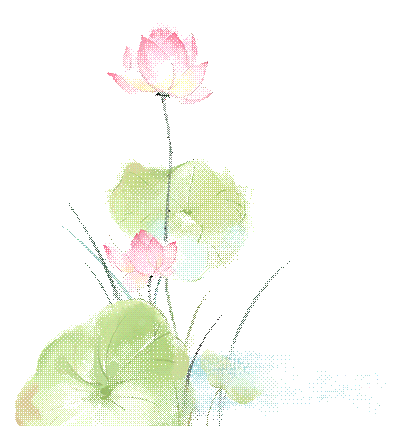
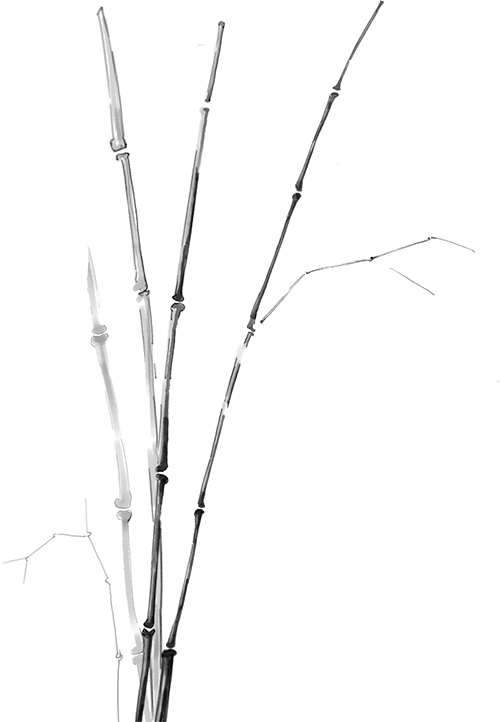
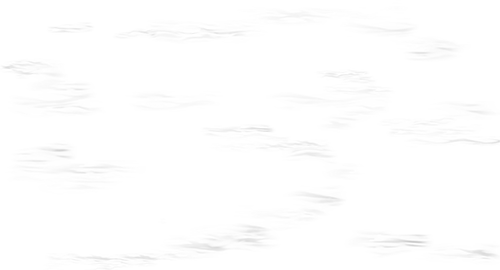
Health
Science Popularization
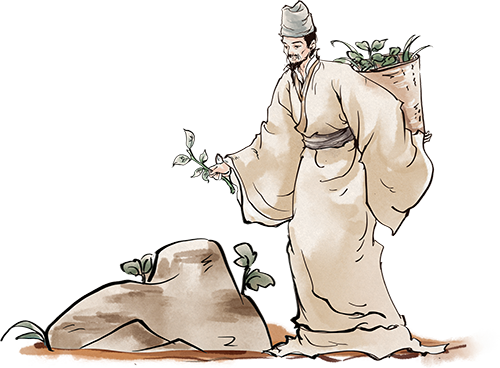

Jinan Third People’s Hospital


Traditional Chinese Medicine
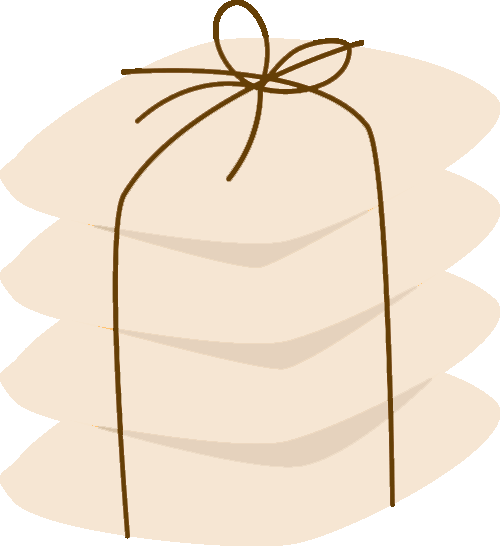
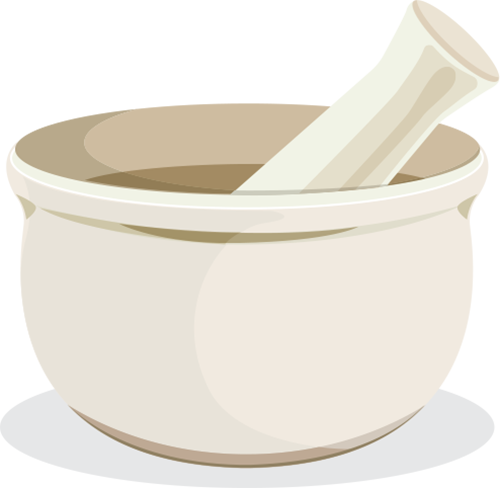
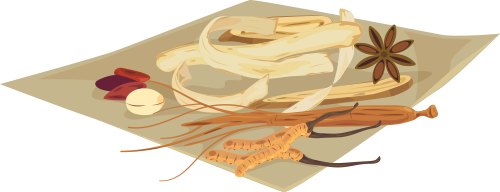
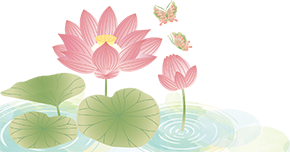
In daily life, do you often feel weak, short of breath, prone to sweating, and lack of energy?
Do you frequently catch colds, prefer to stay still, speak softly, and have a poor appetite?
This is due to insufficient Qi (气) in the body, which cannot stimulate and promote the physiological functions of various organs and meridians, suppressing mental activity and slowing down the generation and distribution of essence, blood, and fluids. In Traditional Chinese Medicine, this constitution characterized by low organ function is referred to as Qi Deficiency Constitution (气虚质).
The Qi Deficiency Constitution is often caused by congenital insufficiency, aging, picky eating, long-term medication, excessive fatigue, prolonged bed rest, tumors, etc. Common symptoms include overall fatigue, lack of energy, soft voice, shortness of breath, pale complexion, forgetfulness, palpitations, easy sweating, frequent colds, slow recovery from illness, and a preference for rest over activity. If you experience these symptoms, you may have a Qi Deficiency Constitution.

How to Identify Qi Deficiency Constitution?
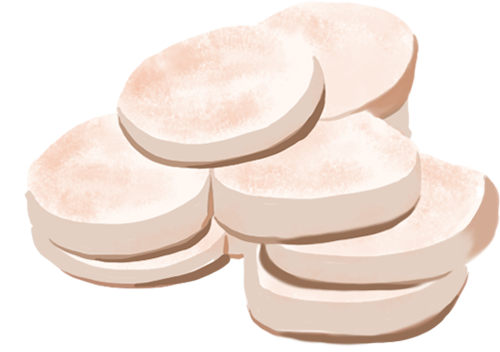
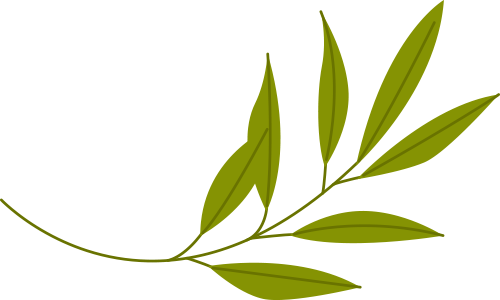
Overall characteristics: Insufficient Qi (气) in the body cannot drive and regulate the physiological activities of various organs and meridians, primarily characterized by fatigue, shortness of breath, spontaneous sweating, and a soft voice.
Physical characteristics: Muscles are soft and not firm.
Tongue and pulse: The tongue is pale red, often with tooth marks on the edges, and the pulse is thin and weak.
Psychological characteristics: Introverted personality, unstable emotions, timid, and averse to risk.
Prone to diseases: Recurrent colds, chronic fatigue syndrome, anemia, malnutrition, habitual constipation, organ prolapse, slow recovery from illness.
Environmental adaptability: Poor tolerance to wind, cold, heat, and dampness.
TCM supplementation principles: Nourish Qi (气), strengthen the spleen.

How to Regulate Qi Deficiency Constitution?


Dietary regulation: Maintain a balanced diet, combining coarse and fine foods. It is advisable to consume more foods that have the effect of tonifying Qi (气) and strengthening the spleen, such as Bai Bian Dou (白扁豆, White Hyacinth Bean), Shan Yao (山药, Chinese Yam), Da Zao (大枣, Jujube), Gui Yuan (桂圆, Longan), chicken, beef, and Jian Yu (鲫鱼, Crucian Carp). Avoid smoking, alcohol, tea, and cold or irritating foods.
Herbal tea substitute: Shen Qi Tea (参芪茶) (15g Dang Shen (党参, Codonopsis), 15g Huang Qi (黄芪, Astragalus), 12g Gou Qi Zi (枸杞子, Goji Berries), 15g Da Zao (大枣, Jujube), 15g Shan Yao (山药, Chinese Yam), 6g Zhi Gan Cao (炙甘草, Honey-fried Licorice), 12g Bai Zhu (白术, Atractylodes), 15g Fu Ling (茯苓, Poria), 12g Chen Pi (陈皮, Aged Tangerine Peel)), decocted in water and consumed as a tea. This formula can help strengthen the spleen and tonify Qi (气).
Daily routine: Maintain a regular schedule, balance work and rest, pay attention to warmth, and avoid exposure to wind, cold, heat, and dampness. Avoid excessive fatigue and staying up late to prevent damage to the vital energy.
Exercise: It is recommended to engage in gentle and soothing exercises, such as Tai Chi (太极拳), Ba Duan Jin (八段锦), and Wu Qin Xi (五禽戏). Avoid vigorous exercise; the intensity should be such that you sweat slightly but not excessively.
Acupoint health care: You can self-massage the Zu San Li (足三里, Stomach 36) (3 inches below the knee cap, 1 finger breadth lateral to the anterior crest of the tibia) and Qi Hai (气海, Sea of Qi) (2 finger breadths below the navel) to tonify the middle and boost Qi (气). Massage for 3-5 minutes until a sensation of soreness and distension is felt.
Emotional regulation: Maintain a positive and optimistic mindset, participate in beneficial social activities, and avoid excessive tension and anxiety. Do not indulge in extreme emotions.
Individuals with a Qi Deficiency Constitution need to regulate their bodily functions through diet, exercise, daily routine, emotions, and medication to maintain the organs in a state of “Yin Ping Yang Mi (阴平阳秘)” (balance of Yin and Yang).



Author: Rehabilitation Medicine Department, Zou Dongyang
Reviewed by: Wang Zhujun
Re-examined by: Wang Xiaojing
Edited by: Chen Chen
